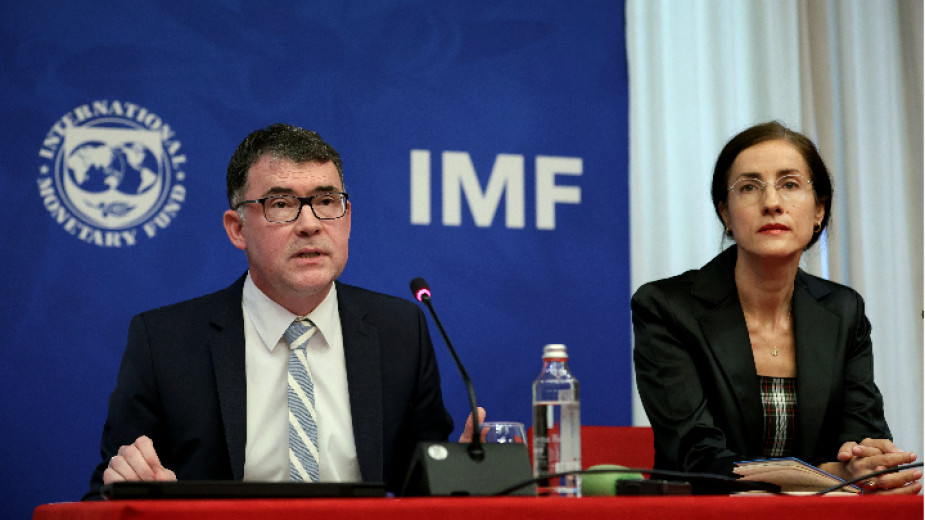
Bulgaria has the opportunity to reap the full benefits of eurozone membership, but this will require stronger fiscal discipline, effective management of transition risks, and accelerated structural reforms, the International Monetary Fund (IMF) mission said on Tuesday, as reported by the Bulgarian News Agency (BTA).
The IMF expects GDP to grow by around 3% in 2025–26, supported by private consumption and credit expansion. Inflation is expected to ease, though it will remain at around 3.5%, driven by rising labour costs: wages are rising faster than productivity, which puts pressure on profits and pushes companies to raise prices.
The IMF also recommends investing in human capital, improving the rule of law, enhancing competition in public procurement and reforming the energy sector.
Citizens should remain calm about the introduction of the euro in Bulgaria from January 1, 2026, as the Bulgarian National Bank and commercial banks are ready for all processes related to the currency conversion and distribution of euro banknotes. This..
Bulgaria’s Ministry of Finance has published the draft state budget in euros for 2026. The country’s GDP is projected to reach EUR 120.1 billion, with an economic growth rate of 2.7%. Planned revenues amount to EUR 51.436 billion, or 42.8% of GDP...
In 2024, 8.2% of people aged 18 or over who declared to be at work (either employed or self-employed) in the EU were at risk of poverty, according to data from Eurostat, cited by the BNR's Horizont channel. In Bulgaria, this share reached 11.8%. The..

+359 2 9336 661
